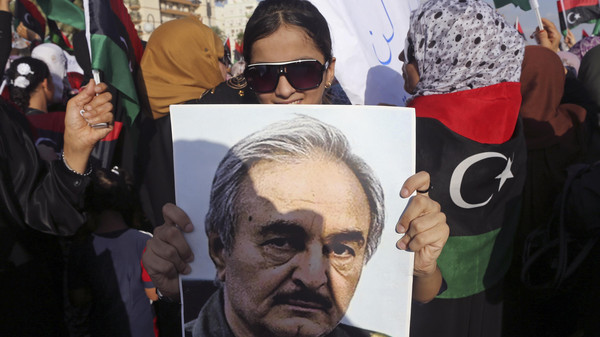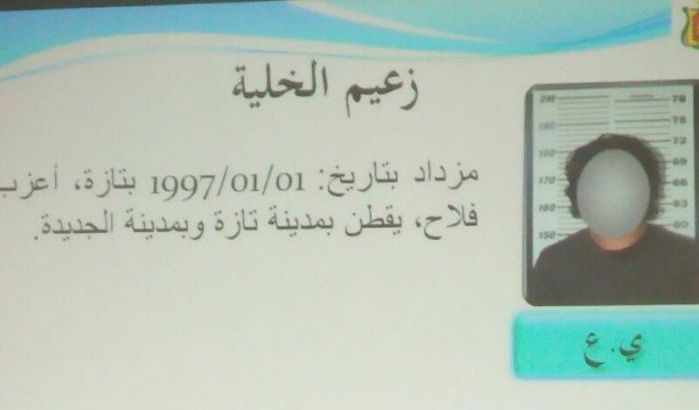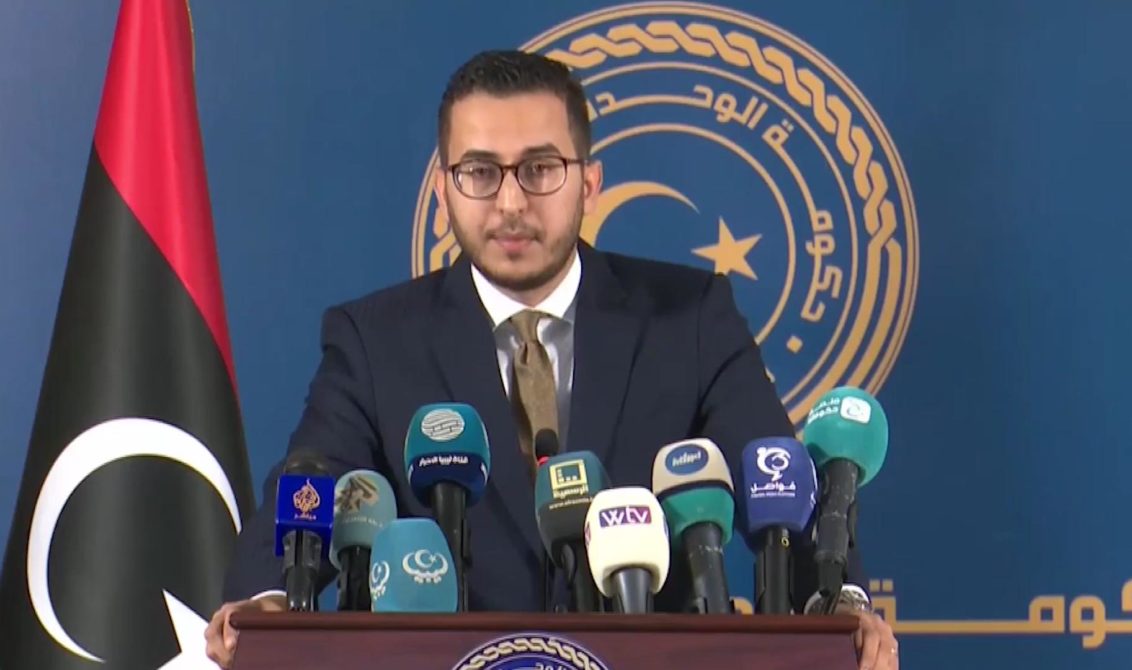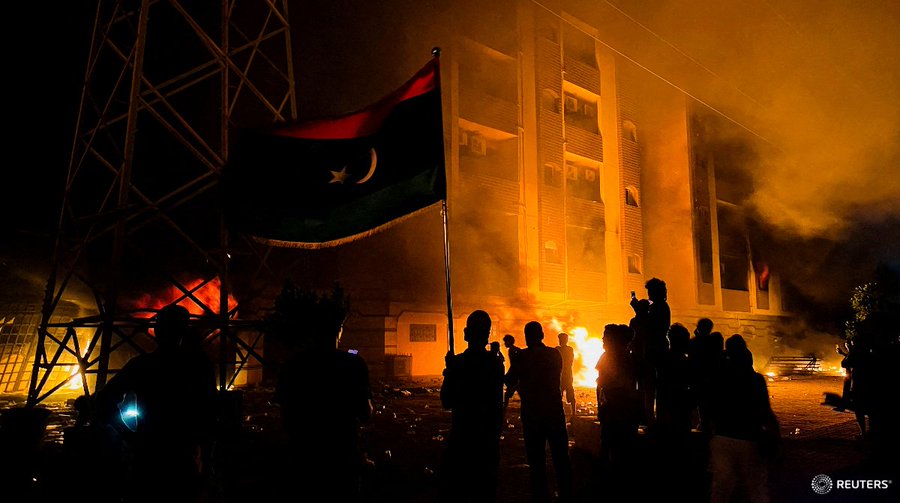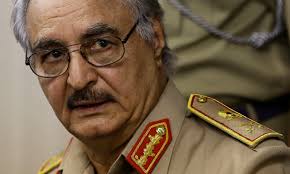 Russia has called on the UN to give Libya’s strongman Khalifa Haftar, who is in conflict with the UN-recognized government in Tripoli, a larger say in resolving the conflict in the country.
Russia has called on the UN to give Libya’s strongman Khalifa Haftar, who is in conflict with the UN-recognized government in Tripoli, a larger say in resolving the conflict in the country.
“We believe that the Libyans have to find a compromise on Haftar’s participation in the new Libyan leadership,” Russian Deputy Foreign Minister Gennady Gatilov told Bloomberg News.
Gatilov’s statements voice the strong Russian endorsement for Haftar, whose forces control most oil installations in Libya and contest the UN-recognized government in Tripoli.
Haftar paid two visits to Moscow in the past half year in a bid to secure arms supply despite a UN arms embargo in place since 2011 prohibiting the sale of weapons to Libyan factions, to the exception of the government in Tripoli, which can import weapons upon the approval of the UN Security Council.
On this issue, Gatilov was quoted by Bloomberg as saying that Moscow will observe the arms embargo that prevents supplies other than to the UN-mandated government.
In addition to Russia, Haftar has received public support from Egypt, the UAE and recently Algeria.
Haftar’s forces have gained ground by capturing four main ports of Libya’s Oil Crescent from the Petroleum Facilities Guard (PFG) headed by his opponent.
Many experts deem that Haftar gained popularity by his advance against terrorist groups and his capturing of oil installations. He also boosted his political leverage by allowing oil to flow and providing stable security at the ports.
Recently, Haftar’s Libyan National Army (LNA) announced its intention to “liberate” Tripoli from what they deem as “Islamist” control. Such an action will signal a return to an outright civil war in Libya and the collapse of the Skhirate agreement and the UN-recognized government.
The turmoil in Libya has taken a toll on its oil production, which is currently about 200,000 barrels per day (bpd), a fraction of the 1.6 million bpd the OPEC member was producing before the 2011 uprising that toppled Gaddafi.
